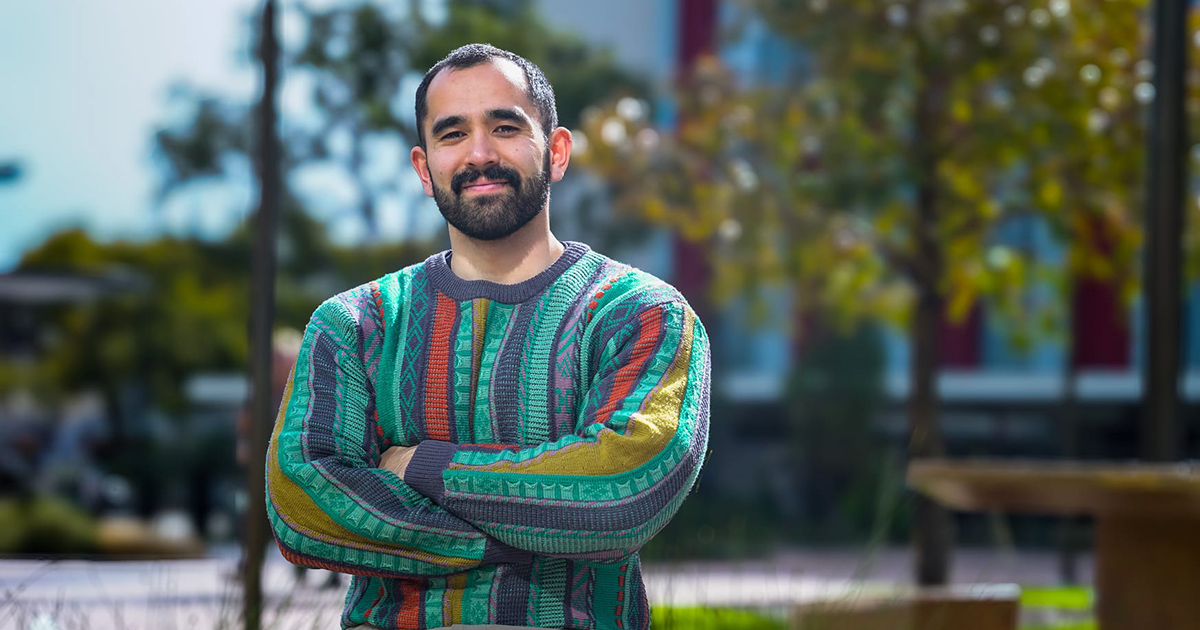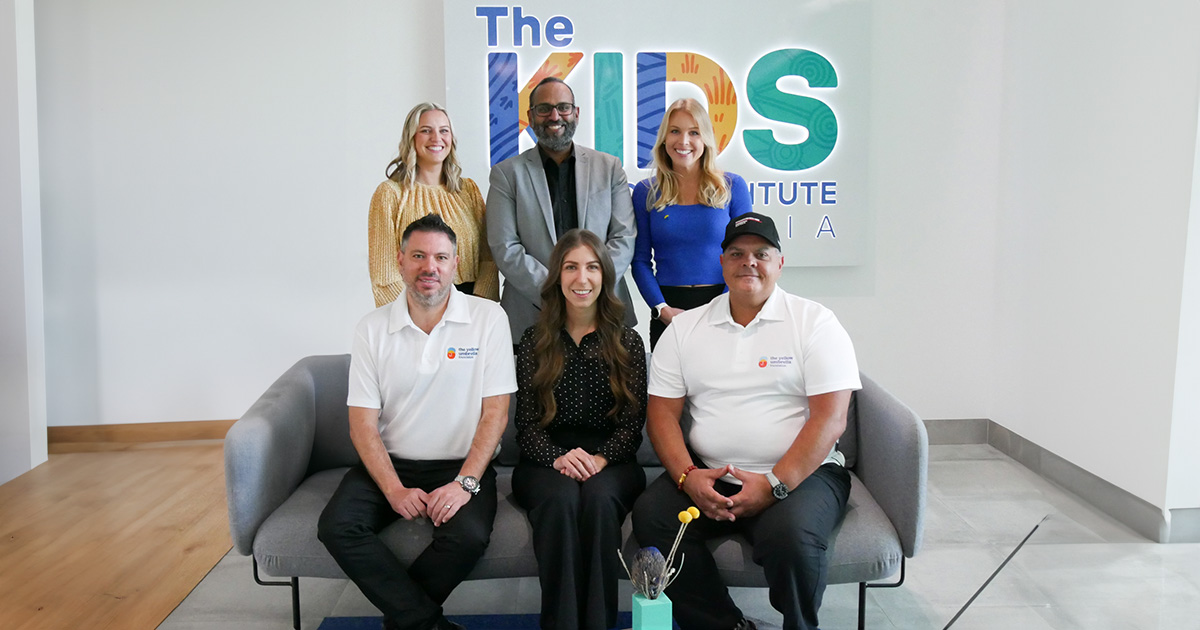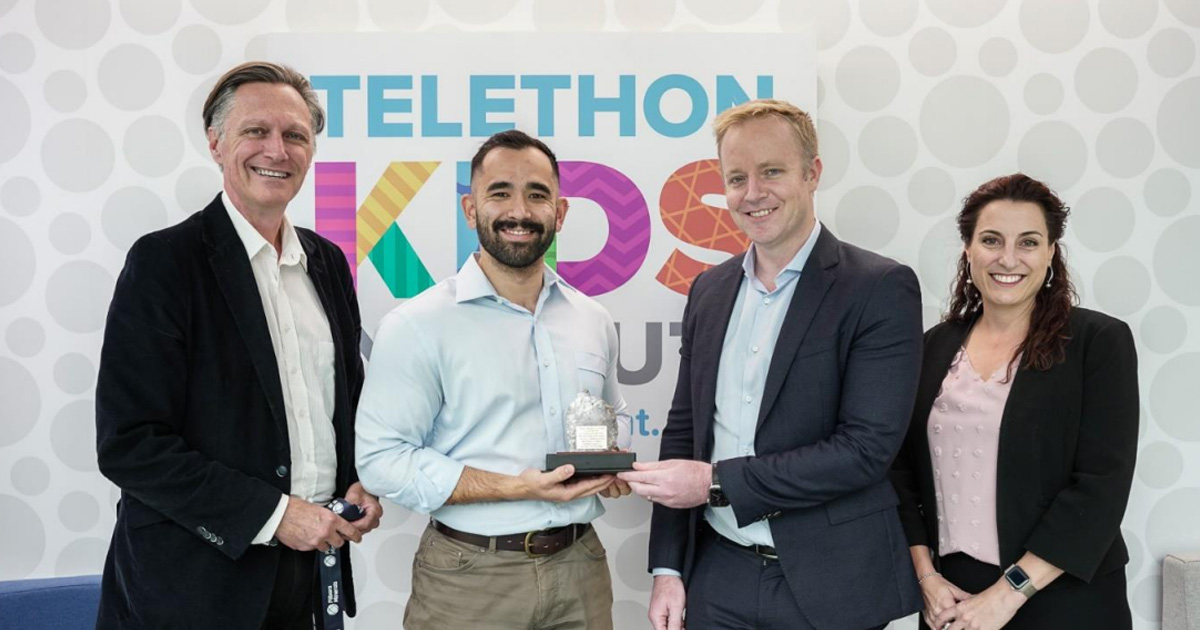Search
Research
Involving young people with lived experience in advancing mental health science: an exploratory qualitative study from Pakistan and IndiaMeaningful involvement of young People with Lived Experience (PWLE) in co-designing youth mental health interventions has been much emphasized globally. However, there is a scarcity of evidence on involving PWLE of mental health problems in designing, implementing and evaluating mental health interventions, especially in Low- and Middle-Income Countries.
Research
How Alexithymia Increases Mental Health Symptoms in Adolescence: Longitudinal Evidence for the Mediating Role of Emotion RegulationAlexithymia is characterised by difficulties identifying and describing feelings, as well as a lack of focus on feelings. Alexithymia is a transdiagnostic risk factor for developing a wide array of psychopathologies, such as anxiety and depression, with a key hypothesised mechanism being the impairing impact of alexithymia on emotion regulation competency. However, no study has tested whether difficulties with emotion regulation mediate the link between alexithymia and psychopathological symptoms using longitudinal designs.
Research
Achieving cultural safety in genetic counseling for Aboriginal and Torres Strait Islander people in AustraliaGlobally, Indigenous people, including Aboriginal and Torres Strait Islander people in Australia, experience significantly poorer health outcomes than their non-Indigenous counterparts. In part, this can be attributed to the ongoing impacts of colonization, marginalization, and systemic discrimination. In the genomic healthcare era, Indigenous people remain underrepresented in public genetic health services, raising concerns about cultural competency and inclusivity within the genetic counseling profession.
Research
Whose rural? Shaping rural psychiatry training in Aotearoa New ZealandDefining rurality matters in healthcare. Evidence supports the singularity of the rural experience and its detrimental impact on health outcomes and, specifically, on mental health. Yet, no internationally accepted definition of 'rural' exists.

News & Events
The Kids researchers awarded Raine Medical Research Foundation fundingCongratulations to three The Kids Research Institute Australia researchers, who have been awarded funding from the Raine Medical Research Foundation.

News & Events
NHMRC funding awarded to support child health researchThe Kids Research Institute Australia researchers have been awarded more than $10 million in research funding from the National Health and Medical Research Council (NHMRC).

News & Events
Three-year Fellowship to support regional NICU dadsDr Vincent Mancini, a Senior Research Fellow at The Kids Research Institute Australia, has been awarded a prestigious three-year Fellowship to develop and implement an intervention to support the welfare of regional WA fathers and families in the neonatal intensive care unit (NICU).

News & Events
Researcher receives crucial funding for caregiver support initiativeThe Kids Research Institute Australia is deeply grateful to The Yellow Umbrella Foundation for their generous gift of $38,453 to help fund a new mental health initiative for parents and caregivers of children living with intellectual disability.

News & Events
World-class mental health researcher to join The Kids Research Institute AustraliaThe Kids Research Institute Australia warmly welcomes youth mental health researcher Associate Professor Kathryn Modecki.

News & Events
Pilbara Minerals supports the mental health of FIFO familiesAn innovative and impactful three-year research partnership between Pilbara Minerals and The Kids Research Institute Australia has been established to support the mental health and wellbeing of fly-in fly-out (FIFO) workers and their families.
